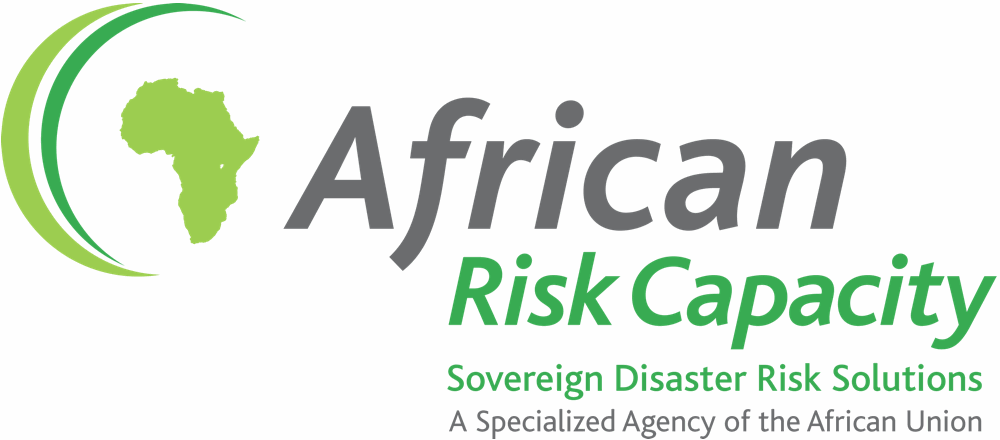Start Network buys $2.5m replica ARC parametric drought cover

The Start Network, an international network of non-governmental humanitarian organisations, has purchased a US $2.5 million replica parametric insurance cover from the African Risk Capacity (ARC) to protect more than 800,000 people in Zimbabwe from drought risk.
Working in partnership with African Risk Capacity (ARC) and the Government of Zimbabwe, Start Network has added to the parametric risk transfer protection it has in place to help its member NGO’s deliver their services to those most in need after a disaster strikes.
As a parametric risk transfer policy pays out based on pre-defined trigger inputs and can pay out before a crisis develops, immediately after disaster strikes, Start Network explained that “the approach enables governments and their partners to plan for and respond before the worst effects of a drought are felt, thereby saving more lives and livelihoods.”
The initiative also involves resilience planning for the NGO’s that are members of the Start Network and operate in Zimbabwe, which goes hand-in-hand with any purchase of parametric protection from the African Risk Capacity (ARC).
The Government of Zimbabwe and UN-WFP also have parametric policies in place with African Risk Capacity, meaning that complementary programmes of support can be developed to deliver the most relief and build resilience to drought risk.
The Honourable Minister of Finance and Economic Development of the Government of Zimbabwe, Professor Mthuli Ncube, commented, “Parametric insurance delivers timely financial relief before natural disasters strike. After receiving complementary support from UN-WFP as a replica partner in Pools VI and VII, the partnership with Start Network will make Zimbabwe the first ARC Member Country to have two Replica partners for the current Pool VIII. This demonstrates the trust our partners have in Zimbabwe’s disaster risk management approach with the ARC Group.”
Ibrahima Cheikh Diong, Director-General/UN-ASG and speaking on behalf of ARC added “The human impacts of natural disasters can only be meaningfully mitigated through smart partnerships harnessing the resources of multiple actors for holistic solutions. We salute the strong leadership of the Government of Zimbabwe in the continued show of confidence in the ARC mechanism. Parametric insurance, such as provided by ARC Limited, remains one of the best risk transfer tools because it ensures a quick mobilisation of relief efforts upon the trigger of a disaster event. We are very optimistic that the rest of the continent will embrace the culture of preparedness and early action as we march in solidarity towards a climate resilient Africa.”
Start Network’s Disaster Risk Finance Coordinator for Zimbabwe/Start Fund Regional Advisor-East and Southern Africa, Nelly Maonde, also said “It is time more support goes towards proactive and not only reactive models of humanitarian action. We have seen great success following two years of running a similar programme in Senegal and we anticipate the same success for Zimbabwe. For too long we have seen the consequences of waiting for the risk to turn into a crisis first before we act – this only leads to suffering. By proactively managing disaster risks, more lives can be saved, more livelihood assets can be protected, vulnerable groups can be spared from resorting to negative coping strategies undermining their future potential and resilience.”
World Vision Zimbabwe (WVZ) National Director, Assan Golowa stated, “We are happy to host the network coordination in Zimbabwe. As WVZ, we have responded through Start Network many times including the typhoid response under WASH in Bulawayo, urban cash response in Norton and notably during Cyclone Idai, one of our most unprecedented disasters in Zimbabwe. Many other Start Network members in Zimbabwe have been recipients of Start Network funds for various other emergency responses and anticipatory actions, contributing to saving lives and minimising the suffering of Zimbabweans. We look forward to the continued collaboration among the network members and other disaster risk finance initiatives in Zimbabwe.”
Start Network had a policy in place for Senegal for the 2019/2020 growing season and a $10.6 million pay-out was received after drought triggered the cover, meaning that more than 300,000 people were supported.
Start Network said that its goal is to “revolutionise the aid sector by catalysing new ways of preparing for crises and thereby helping to create more resilient communities,” with responsive risk financing one approach it has embraced.
Start Network was one of the first organisations to purchase so-called replica coverage from ARC< which mirrors the covr provided to African nations so that organisations operating there can also receive payouts, to deepen the impact of risk financing in supporting relief efforts.
As we previously explained, Start Network had committed a few years ago to developing prototype use-cases for parametric insurance and catastrophe bonds as solutions to provide funding in response to humanitarian crises.








